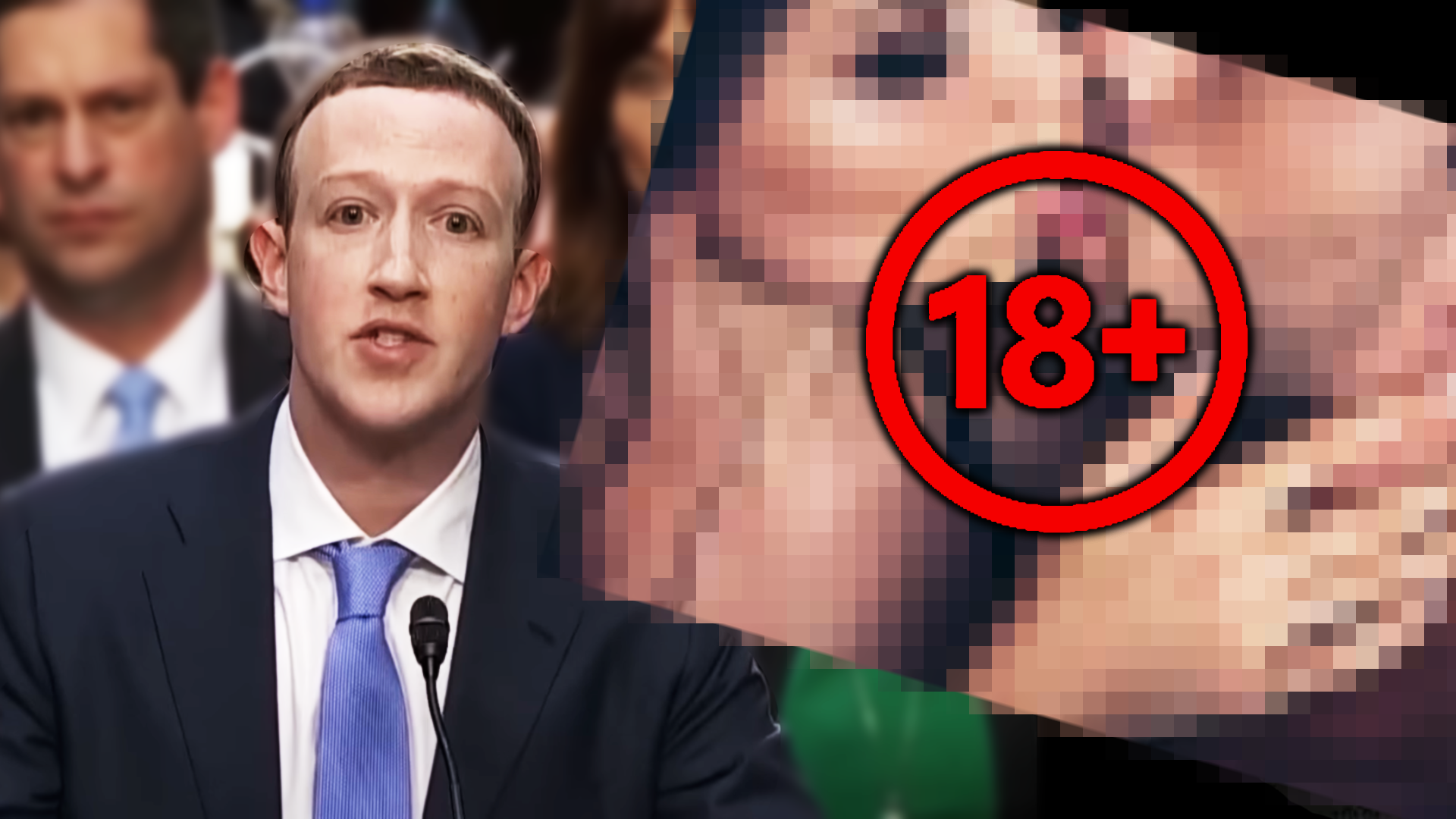The producers claim that Meta downloaded their films to train its AI, while the company cites other reasons.

Meta has experienced what many of you constantly fear: the company’s download of adult films has come back to haunt it. While the producers cite AI training as the motive, Meta offers a different explanation.
Artists vs AI
A curse for some, a blessing for others – few modern topics are as controversial as artificial intelligence. Both its use and the process of training AI systems spark debate. Time and again, artists, creatives, and other content producers have launched movements and initiatives to resist large corporations like Google or Meta using their works to “teach” AI tools.
Meta, in particular, has often faced criticism – as is the case now. However, the tech giant’s excuse this time is rather unusual.
Adult Films Downloaded For AI Training?
The U.S. tech giant Meta is at the center of an unusual lawsuit: adult film producers Strike 3 Holdings and Counterlife Media accuse the company of having illegally downloaded around 2,400 of their explicit films via torrent since 2018 – and, in some cases, of having further distributed them. According to the plaintiffs, these materials were allegedly used to train Meta’s AI systems. They are now seeking approximately $359 million in damages.
Meta firmly denies the allegations and has filed a motion to dismiss the case. In its statement, the company argues that the IP addresses presented by the plaintiffs do not conclusively prove that the downloads were initiated by Meta itself. Moreover, the activity in question appears to be sporadic – averaging about 22 downloads per year across various addresses.
Meta: Downloads Were For "Private Purposes"
According to Meta, this pattern suggests the downloads were for private use. The company also emphasizes that explicit material is categorically excluded from its AI training datasets. There is, Meta insists, no evidence that the films in question were ever used in any AI projects. Furthermore, Meta points out that in 2018 – the period when many of the alleged downloads occurred – it had not yet engaged in significant research on generative video AI, making the accusations even less plausible.
The case raises fundamental questions about liability and accountability within large technology companies. Even if the downloads could be traced to specific Meta IP addresses, the company argues it remains unclear who was actually responsible – employees, external contractors, or third parties using the network.
Beyond the specific incident, the case is significant because it ties into the broader debate over copyright and data usage in the age of artificial intelligence. If it were proven that companies are indeed including copyrighted works in their training datasets, lawsuits of this kind could become increasingly common with potentially enormous financial repercussions for the entire AI industry.


































